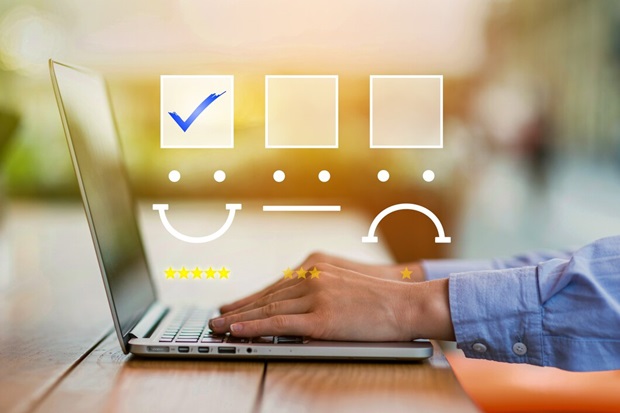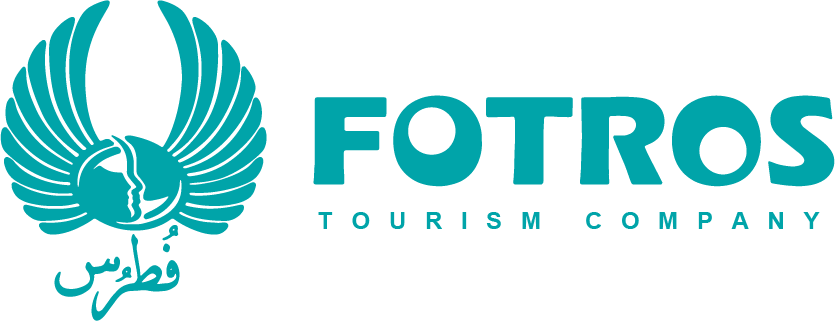
Medical Surgeries
Egg donation


Egg donation is a medical procedure in which a woman (the egg donor) provides her eggs to be used by another woman (the recipient) who may be unable to produce her own eggs. This process is often used in assisted reproductive technologies, such as in vitro fertilization (IVF).
Here's an overview of the egg donation procedure:
Fertilization:
• The retrieved eggs are then combined with sperm from the recipient's partner or a sperm donor in a laboratory using in vitro fertilization (IVF) techniques.
• After fertilization, the resulting embryos are cultured for a few days.
Screening and Evaluation:
• Egg donors typically go through a rigorous screening and evaluation process to ensure they are healthy and suitable candidates.
• They will undergo medical and psychological assessments, as well as genetic testing, to identify any potential health risks.
• The donor's medical and family history will be reviewed.




Ovarian Stimulation:
• Once a donor is cleared for the procedure, she will receive hormonal medications to stimulate her ovaries to produce multiple eggs during a single menstrual cycle. This is known as ovarian stimulation.
• Hormonal medications are usually administered through daily injections over a period of about 10-14 days.
• The donor's progress is monitored through blood tests and ultrasounds.
Egg Retrieval:
• Once the eggs are mature, a healthcare professional will perform a minor surgical procedure known as egg retrieval. This is typically done under sedation or anesthesia.
• A thin needle is guided through the vaginal wall to the ovaries to collect the mature eggs. The procedure usually takes about 20-30 minutes.
Fertilization:
• The retrieved eggs are then combined with sperm from the recipient's partner or a sperm donor in a laboratory using in vitro fertilization (IVF) techniques.
• After fertilization, the resulting embryos are cultured for a few days.
Embryo Transfer:
• One or more healthy embryos are selected for transfer into the recipient's uterus.
• The recipient may be prescribed medications to prepare her uterine lining for implantation.
• The embryos are carefully transferred into the recipient's uterus, usually through a thin catheter.
Pregnancy Test:
• About 10-14 days after the embryo transfer, a pregnancy test is conducted to determine if the procedure was successful.
• If pregnancy occurs, the recipient will continue to receive medical care and monitoring throughout the early stages of pregnancy.
It's important to note that egg donation is a highly regulated and ethical procedure, and confidentiality is typically maintained between the donor and recipient. Egg donors may receive compensation for their time and effort, but the laws and regulations governing compensation vary by location.
The cost of egg donation in Iran
Egg donation can be a complex process, and individuals considering it should consult with a fertility specialist or a reproductive clinic for a more detailed understanding of the procedure and its implications.
The cost of egg donation in Iran can vary depending on several factors, including the fertility clinic you choose, the specific services included in the package, and the qualifications and experience of the egg donor. As of my last knowledge update in September 2021, the cost of egg donation in Iran was generally lower than in many Western countries. On average, it ranged from $3,000 to $5,000, but this cost could be higher or lower depending on the clinic and individual circumstances.


Befor and after egg donation
Egg donation is a medical procedure where a woman donates her eggs to help another person or couple conceive a child. The process involves several stages, both before and after the actual egg retrieval. Here's a general overview of the before and after care for egg donation:


Before Egg Donation:
Medical and Psychological Evaluation: The donor undergoes thorough medical and psychological evaluations to ensure they are physically and mentally healthy and suitable for the procedure.
Ovarian Hyperstimulation Syndrome (OHSS) Awareness: Donors should be aware of the risk of OHSS, a condition that can occur due to the hormone stimulation. They should be informed about its symptoms and what to do if it occurs.
Legal Considerations: Legal contracts are often drawn up to establish the rights and responsibilities of both the donor and the intended parents. It's essential to consult with legal experts experienced in reproductive law.
Hormone Stimulation: Donors typically undergo hormone injections to stimulate the ovaries to produce multiple eggs. This process may require regular monitoring through blood tests and ultrasounds.
Health Preparations: Donors should maintain a healthy lifestyle, including a balanced diet, regular exercise, and abstaining from smoking and excessive alcohol consumption. It's also crucial to avoid any medications or activities that could be harmful to the developing eggs.
Counseling: Donors may receive counseling to discuss the emotional and ethical aspects of egg donation.
After Egg Donation:
Egg Retrieval: This is a minor surgical procedure done under anesthesia, during which the eggs are collected from the ovaries using a thin needle. The donor may experience some discomfort and should rest after the procedure.
Recovery: After the egg retrieval, donors may experience mild discomfort, bloating, or cramping for a few days. They should rest, avoid strenuous activities, and follow the medical team's instructions for pain management.




Follow-up: The donor will have a follow-up appointment with the medical team to monitor their recovery and ensure there are no complications.
Emotional Support: It's important for egg donors to have a support system to help them cope with any emotional or psychological effects of the procedure.
Lifestyle Considerations: Donors should continue to maintain a healthy lifestyle after the procedure, including a balanced diet, hydration, and adequate rest.
Long-term Health: Egg donors should understand the potential long-term effects of egg donation and maintain open communication with their healthcare providers.
It's crucial for both the donor and the intended parents to work closely with medical professionals and have a clear understanding of the entire process, including the potential risks and ethical considerations. Egg donation is a significant decision that should be made after careful consideration and with the guidance of medical experts and legal counsel.
Our services include:
![]() our online services include: quotes and consultation
our online services include: quotes and consultation
![]() Planning the highest word-level medical trips and quality hospitals and medical centers according to the patient's request and budget.
Planning the highest word-level medical trips and quality hospitals and medical centers according to the patient's request and budget.
![]() Appointing treatments by the most skilled and experienced doctors.
Appointing treatments by the most skilled and experienced doctors.
![]() Airport pick-up/drop off, check-ups, accompanying translator, book hotel (for patients and their families)
Airport pick-up/drop off, check-ups, accompanying translator, book hotel (for patients and their families)
![]() Pre-hospitalization / post-hospitalization care services
Pre-hospitalization / post-hospitalization care services




All-Inclusive Medical Travel Packages
based on your budget, our team will assist you in choosing the best hotels, doctors, and medical centers. Our packages include:
 Airport Pickup Services
Airport Pickup Services Airport Dropoff services
Airport Dropoff services Hotel
Hotel Ticket
Ticket visa
visa translator
translator Transfer
Transfer SIM Card
SIM Card Sightseeing
Sightseeing
 why Iran
why Iran
Patients may choose to have abdominoplasty (commonly known as a tummy tuck) in Iran for a variety of reasons
Cost, Quality of Care, Privacy and Discretion, Combined Tourism, no Waiting Times
![]()
Fotros is an Iranian health tourism company with a professional team consisting of a support team and word-level doctors in medical and cosmetic surgeries like Neurosurgery, Rhinoplasty, Breast cosmetic surgeries, Liposuction, tummy tuck, etc.










 why Iran
why Iran